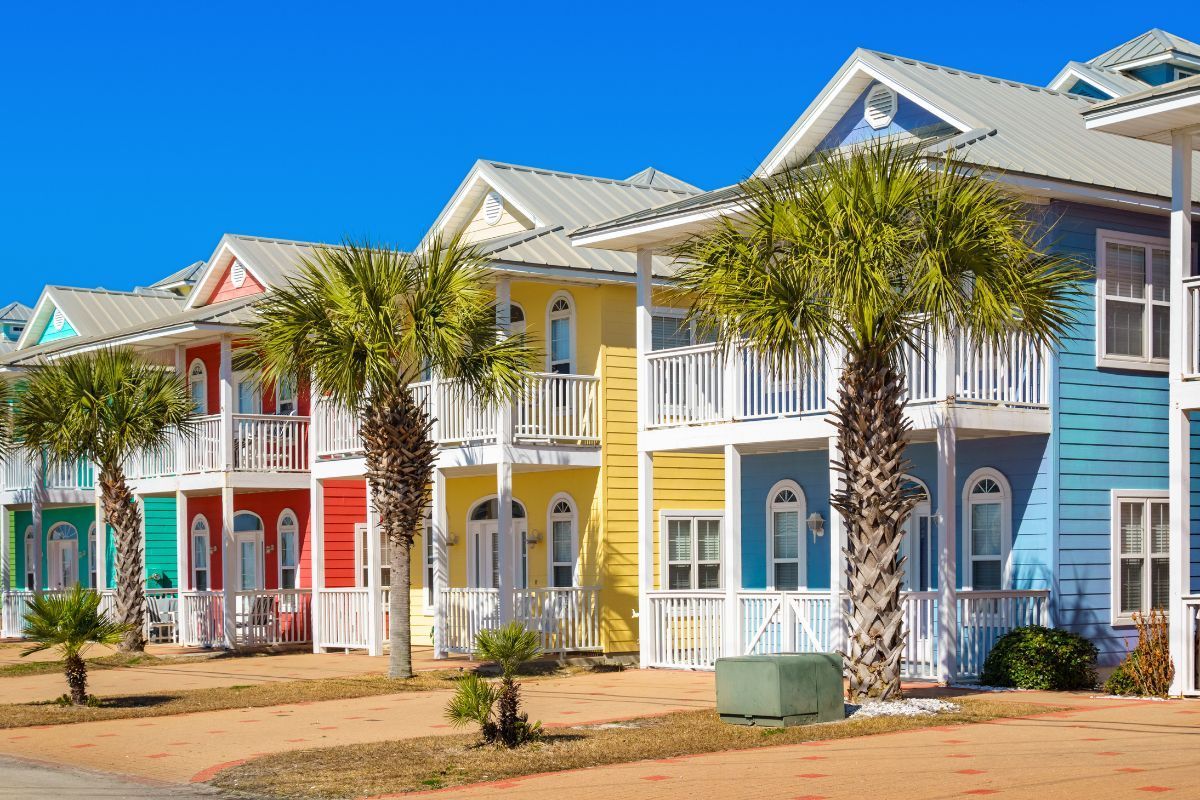THE IMPORTANCE OF ATTORNEY RATINGS AND CLIENT REVIEWS

Online attorney ratings and reviews have become critical to gaining new clients, much in the same way restaurants rely on exceptional customer reviews to attract new patrons. In the past, when many clients began looking for an attorney, they oftentimes didn’t know exactly where to look. Unfortunately, many of those in need of serious legal help ended up hiring law firms that simply bombarded them with endless television and radio advertisements.
Fortunately, potential clients are now relying more and more on the wealth of objective information they can easily find online regarding a specific attorney’s ratings and actual client reviews. Martindale Hubbell, the nation’s leading rating service for attorneys since 1887, reports that 83% of survey respondents indicated they now use online reviews to find an attorney. A whopping 70% even said they would consider traveling to an inconvenient part of town to hire an attorney who had better online reviews. Attorney ratings and client reviews are critical to our law firm’s continued success.
Goldman, Tiseo & Sturges, P.A. is the only multi-attorney law firm in Port Charlotte, Punta Gorda, and Englewood in which every lawyer has achieved an AV rating from Martindale Hubbell. The Martindale Hubbell AV Preeminent Rating is reserved for no more than 5% of attorneys nationwide, and only a select few law firms can state that they have even one such attorney on their team. At Goldman, Tiseo & Sturges, P.A., all three of our attorneys have achieved Martindale Hubbell’s AV rating. https://gtslaw.wpengine.com/martindale-hubbell-av-rating/
An attorney’s Martindale Hubbell rating is an effective predictor of his/her abilities because it is based on confidential reviews of lawyers and judges who best know that attorney’s abilities. These reviews are not paid for, and cannot be influenced. An attorney’s Martindale Hubbell rating is based on five key areas: Legal Knowledge, Analytic Capabilities, Judgment, Communication Ability, and Legal Experience. Martindale Hubbell ratings are what attorneys rely upon when searching for the assistance of other attorneys outside his/her practice area. When an attorney is searching for the help of another attorney, either for themselves or their most valued clients, Martindale-Hubbell is most often where they first look to find them. As a result, Martindale-Hubbell is often referred to as “the Yellow Pages for lawyers”.
In addition to our unrivaled Martindale Hubbell ratings within Charlotte County, we also have outstanding ratings and client reviews which can be viewed on Google+ , our firm’s Facebook page , and Lawyers.com. We would ask you to take a few moments to review all of our ratings and reviews: https://gtslaw.wpengine.com/firm-profile/ratings-reviews/. It is incredibly gratifying when we see that another satisfied client has posted another stellar review.
Share This Post:






